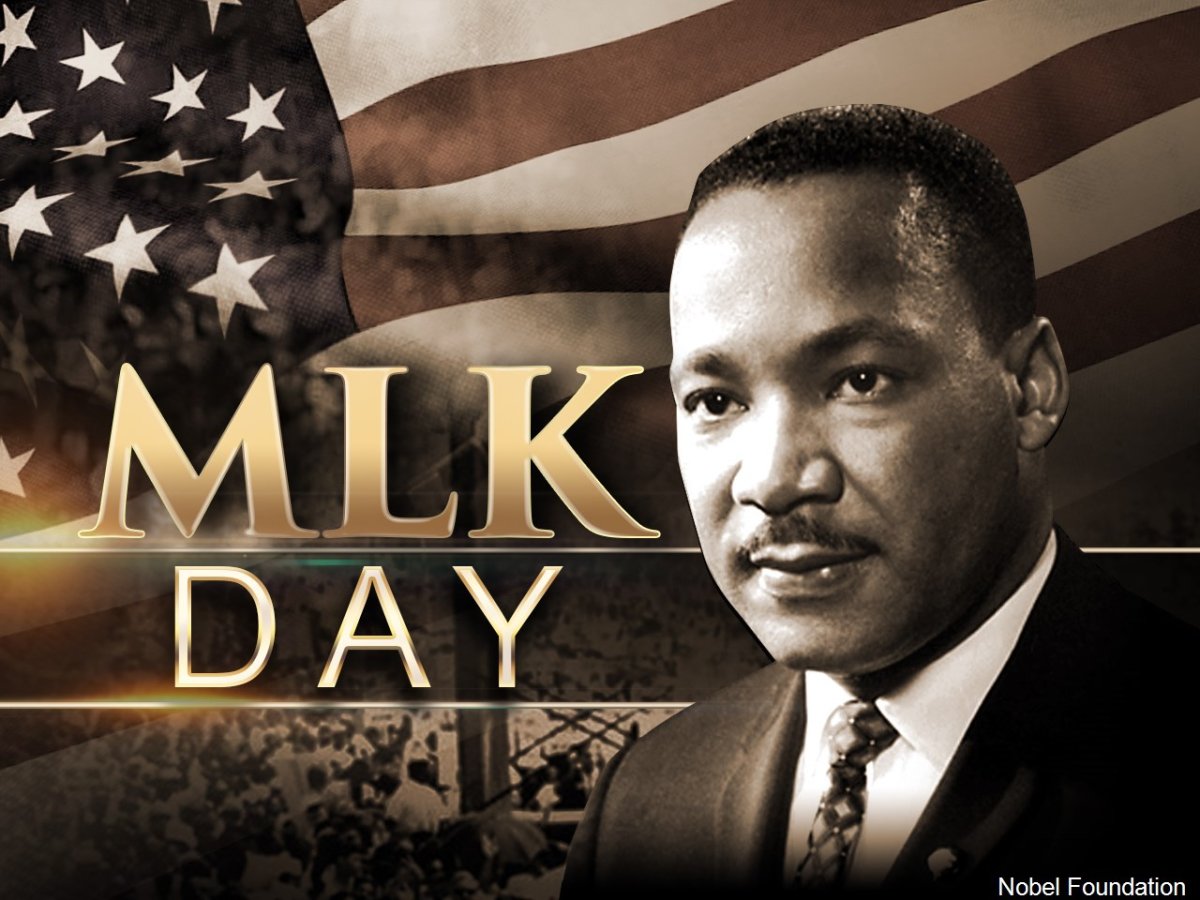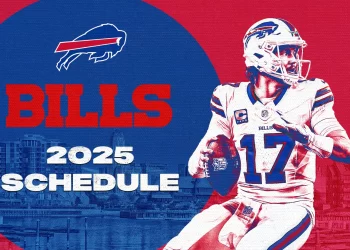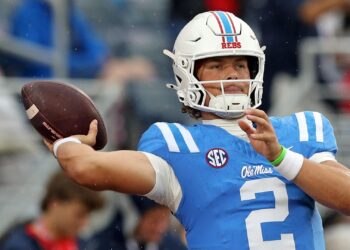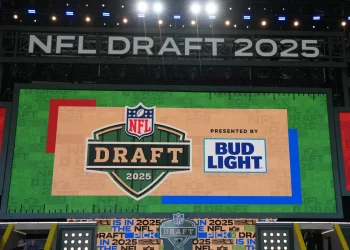MLK Day
The world commemorated MLK Day to recognize the true essence of a man who transformed American society. It is important to acknowledge his impact on every aspect of life.
That includes the world of sports.
Dr. King’s life was centered on racial, social, and economic justice. From Morehouse to Montgomery, to Washington to Watts, from Selma to Memphis.
Along the way, he was surrounded by many who supported his efforts. That included Jackie Robinson, Muhammad Ali, Roberto Clemente, Bill Russell, and Kareem Abdul Jabbar.
But one of the greatest moments in sports that honored Dr. King’s legacy occurred nearly 25 years after his passing.
It was 1990, and the NFL gave the state of Arizona the 1993 Super Bowl.
That year, the state voted on a referendum to acknowledge MLK Day.
The state defeated the measure.
There was only one reason why it was up for a vote. In 1987, the then governor Evan Mechman had rescinded an original decision by his predecessor Bruce Babbitt to acknowledge MLK Day in 1986 officially.
Commissioner Power
Three to four years later, after the vote, the NFL led by then-commissioner Paul Tagliabue declared that the game would be moved out of Arizona if the state didn’t resolve the issue.
To paraphrase how he put it, he didn’t want the NFL to be the target of ire because of the state of Arizona.
In other words, he didn’t care if MLK Day was acknowledged. His bottom line was the image of the NFL and, by extension, his job.
In response, many prominent activists and celebrities boycotted the state.
Among those were Dr. King’s widow and fellow civil and human rights activist Coretta Scott King. Also, there was Stevie Wonder (whose advocacy and iconic classic “Happy Birthday” led to the creation of MLK Day). Additionally was famed hip hop group Public Enemy.
They had released a song called “By the Time I Get to Arizona” off their 1991 album Apocalypse 91…The Enemy Strikes Back. It directly aimed at the governor and the state for refusing to acknowledge the significance of the day.
One should seriously examine PE frontman Chuck D and his relationship to the intersection of sports, culture, and social justice to get a broader understanding.
As a result, the Super Bowl was moved out of Arizona and relocated to Pasadena, California. It’s the home of the Rose Bowl and where the Dallas Cowboys, Buffalo Bills, and Michael Jackson took center stage.
Eventually, Arizona got the Super Bowl in 1996 after the state once and for all commemorated MLK Day.
We feel the impact of this story years later.
All-Star Power
The NBA moved 2017 All-Star Game out Charlotte, North Carolina, after the passage of HB2. HB2 was a vicious anti-LGBTQ bill that systemically denied access to public facilities. It denied restrooms for the transgender community in particular.
The NCAA did the same action and refused to host any championship games in North Carolina.
The San Francisco 49ers led by CEO Jed York called for the repeal of the bill and donated money to LGBTQ groups. His activism, along with the efforts of organizations such as the Human Rights Campaign and artists such as Beyoncé, Demi Lavato, and the Dave Matthews Band, lending their support to equality, put the state of North Carolina on notice.
Removal Legacy
The legacy of the removal of the Super Bowl in Arizona goes to show the power of sport, pop culture, and social justice working together to hold corporate entities like the NFL accountable and demanding they do what is right.
It also showed the influence it can have on states who want to host cultural events to practice what they preach and to ensure that all of its citizens are treated equally under the law.
In the end, it proved Dr. King to be true as he always was “the time to do the right is always right.”


 NFL
NFL






Nice story Man I remember that whole deal good reporting
Thank you for the history lesson.